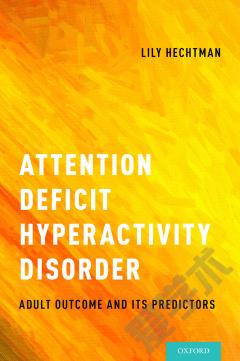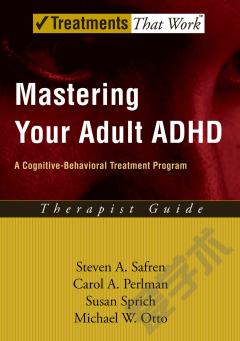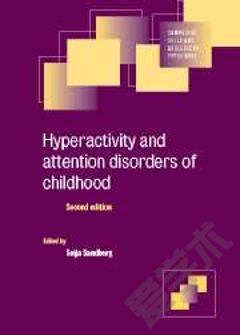Attention-Deficit Hyperactivity Disorder (ADHD) in Adults
Worldwide longitudinal studies performed since the 1970s have clearly shown that ADHD persists into adulthood. These findings have stimulated researchers to develop the therapeutic approaches for adult patients, especially in European countries where scientific and clinical interest in ADHD has increased. In this volume, leading experts from Europe and the United States present their long-term results in order to provide an overview of important aspects of ADHD across the lifespan. These results include epidemiology, neurobiology, psychopathology, longitudinal course, comorbidity and social impairment associated with ADHD. Topics include diagnostic problems and therapeutic options as well as molecular genetic studies. Further, morphological and functional imaging studies in adult ADHD are reviewed, as well as the very important issue of comorbidity. Providing an excellent source of up-to-date information, this publication is essential reading for psychiatrists, neurologists, geneticists, psychotherapists, physicians and other therapists working with ADHD patients.
{{comment.content}}








 京公网安备 11010802027623号
京公网安备 11010802027623号